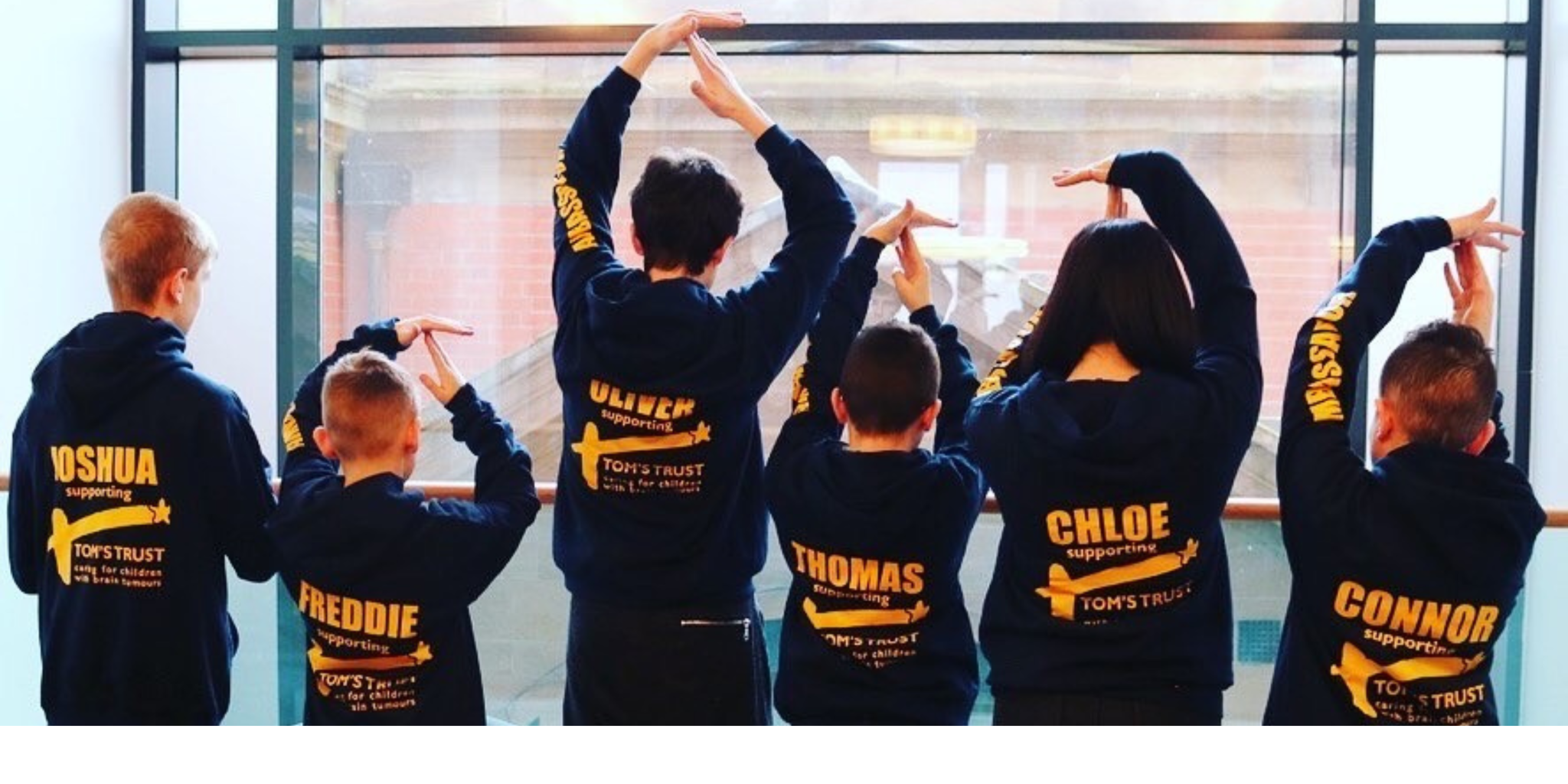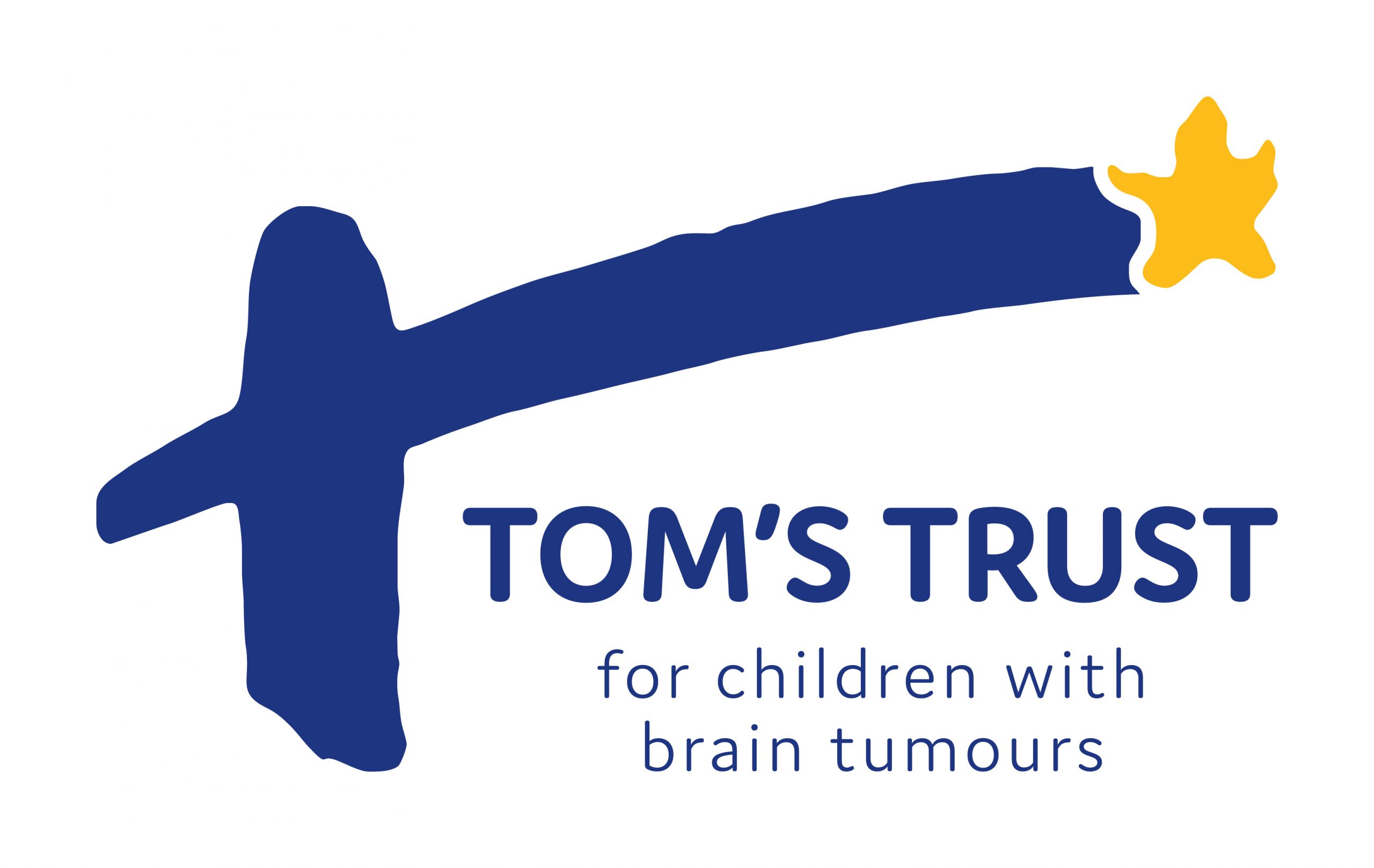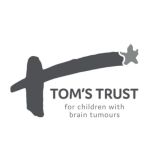Who we are
Tom’s Trust is the UK’s only charity dedicated to providing mental health support to children with brain tumours and their families to improve their quality of life and wellbeing. Our clinical psychologists work from our centres in hospitals across the UK, helping children from diagnosis and continuing that support as their needs change. By providing mental health support at the point of diagnosis and beyond, we provide the best chance for children to get back to school, resume their lives and go on to achieve their full potential.
We are proud to currently support 536 children and an estimated 1,608 family members. Our work is additional to the very basic NHS provision, which is not designed or intended to manage the complex psychological requirements of young people with brain tumours.

Tom’s Trust supports children and their families:
- Immediately following a diagnosis
- Through medical procedures
- Following medical treatments
- When integrating back into school
- Through any major changes or transitions, including the move into adult services
- While learning to live well with disabilities
- When coping with palliative care and bereavement
- Through all the times in between to improve their quality of life and wellbeing.
Our head office is in Cambridge, and we currently provide our psychology services in three centres in the UK – Addenbrooke’s Hospital in Cambridge, the Great North Children’s Hospital in Newcastle and at Alder Hey Children’s Hospital in Liverpool.
Read about Tom’s Trust’s vision and mission and take a look at our five-year strategy.

Why families need support from a Tom’s Trust psychologist
Each year, 1,400 children are diagnosed with cancer – 500 of these children have brain tumours. There is a common misconception that children treated for brain tumours make a full recovery. In reality, a brain tumour is emotionally, physically and mentally devastating, and for children the impact of their medical treatment can continue to unfold for years afterwards. A brain tumour diagnosis like this is traumatic for the whole family and has a huge effect on the wellbeing of everyone involved.
As the biggest cancer killer of children under 16, brain tumours account for one third of childhood cancer deaths, and one in three children with a brain tumour will die. Of those that survive, 62 percent will be left with life-long disabilities (such as blindness, hearing loss, lost motor-function or learning disabilities) as a result of surgically removing the tumour, chemotherapy and radiotherapy. Children are often bullied as their peers do not understand why they look different (scars/head swelling from procedures), or act differently (treatment damaging cognitive function, leaving children unable to mentally keep up with friends). Most children are also left with serious mental health issues such as PTSD, anxiety and depression as a result of their tumour.

What we provide
We assess our children’s individual needs and give understanding about our children’s emotional state, what they are struggling with and what causes them anxiety. We help children and their families to cope with a massive life change and get the very best from their treatments. Tom’s Trust’s full programme of support includes neuropsychological assessments, one-to-one psychological support, numerous workshops and support groups, parental and sibling support, school and learning reintegration help and palliative care and bereavement support.

Founding story
The charity was founded in 2011 by the parents of Tom Whiteley who sadly died in 2010 at the age of nine, after a short seven-month battle with a brain tumour. They received almost no support during diagnosis, treatment or beyond. After Tom died, they were determined that no other family would be unsupported. Tom was treated at Addenbrooke’s Hospital in Cambridge, where the inspiration for the charity began and where the first Tom’s Trust centre was opened. Read more about Tom’s story.




